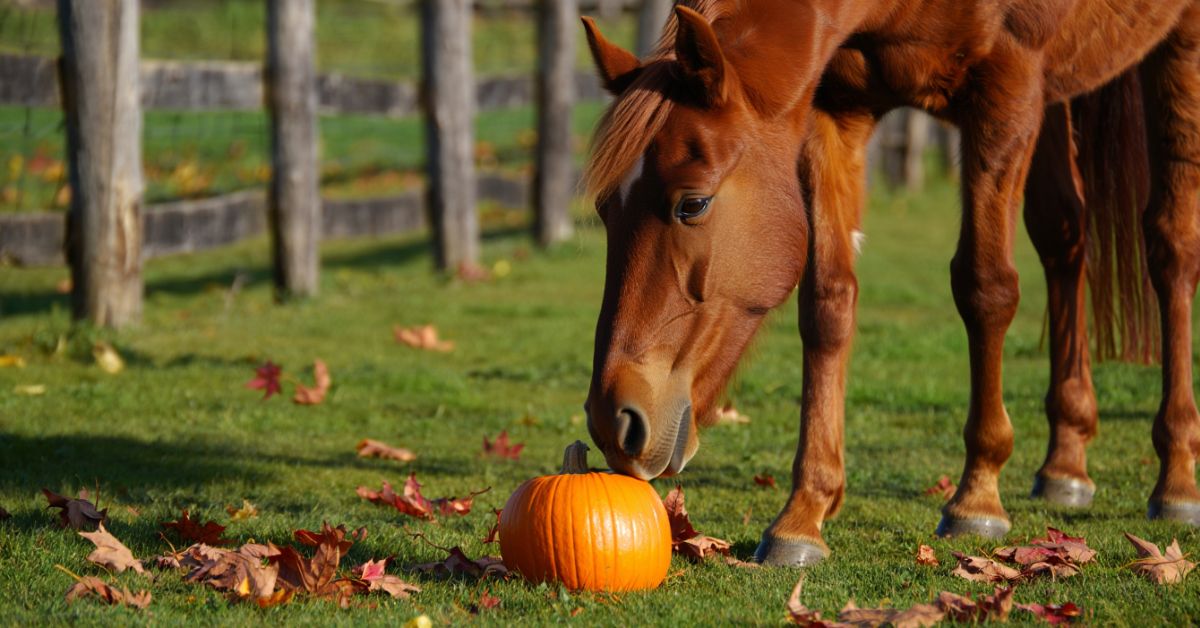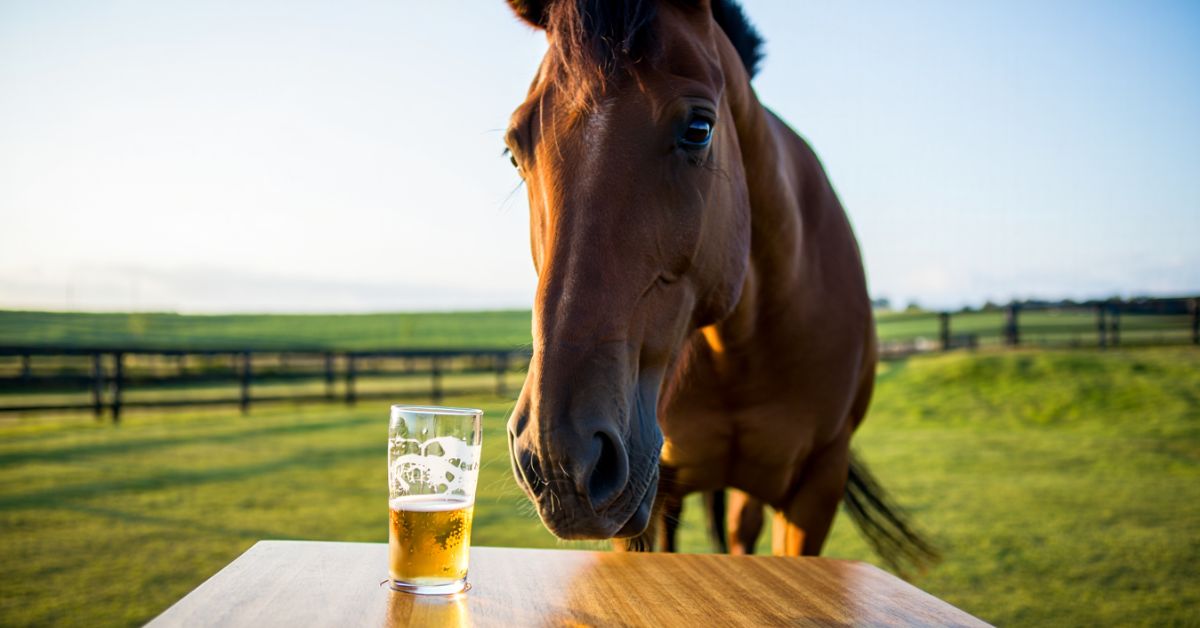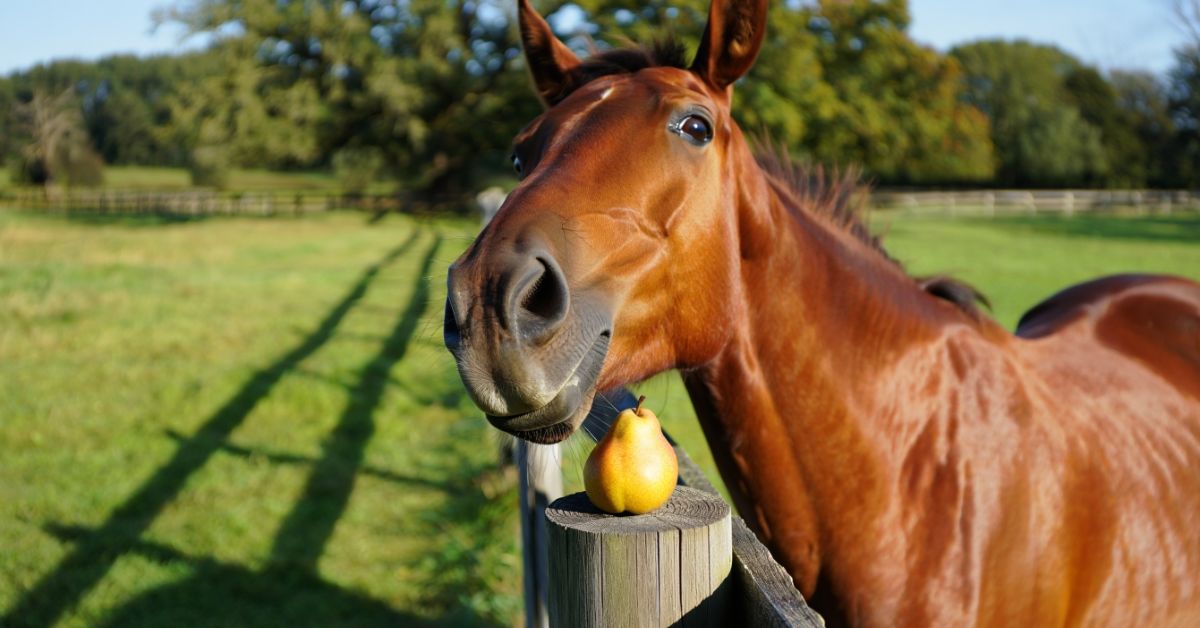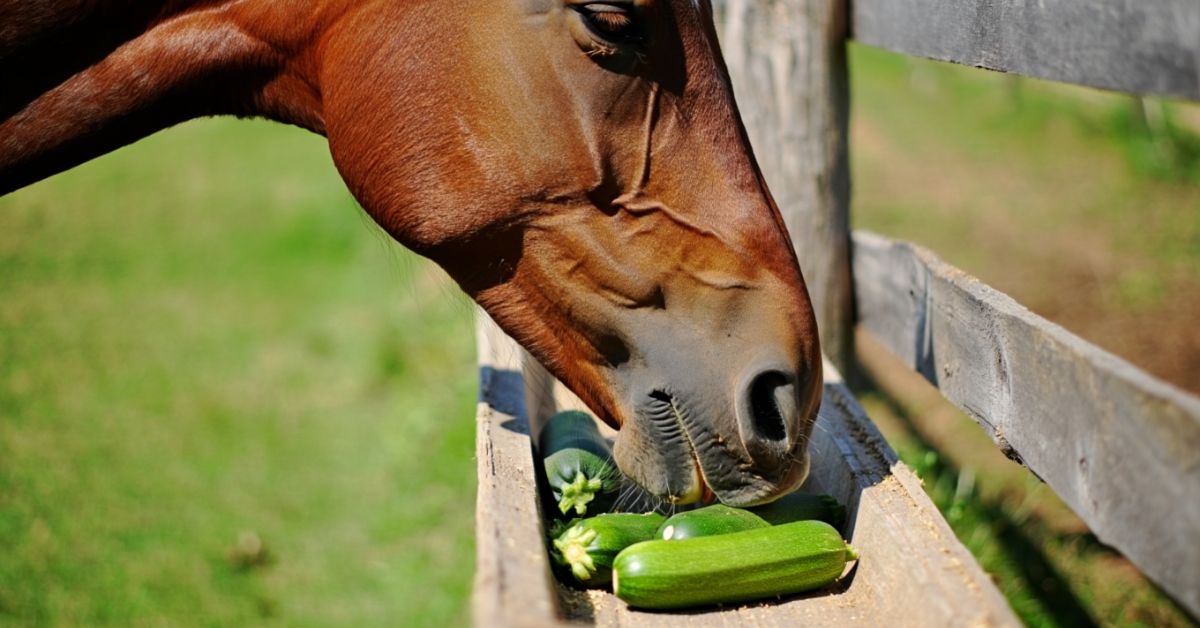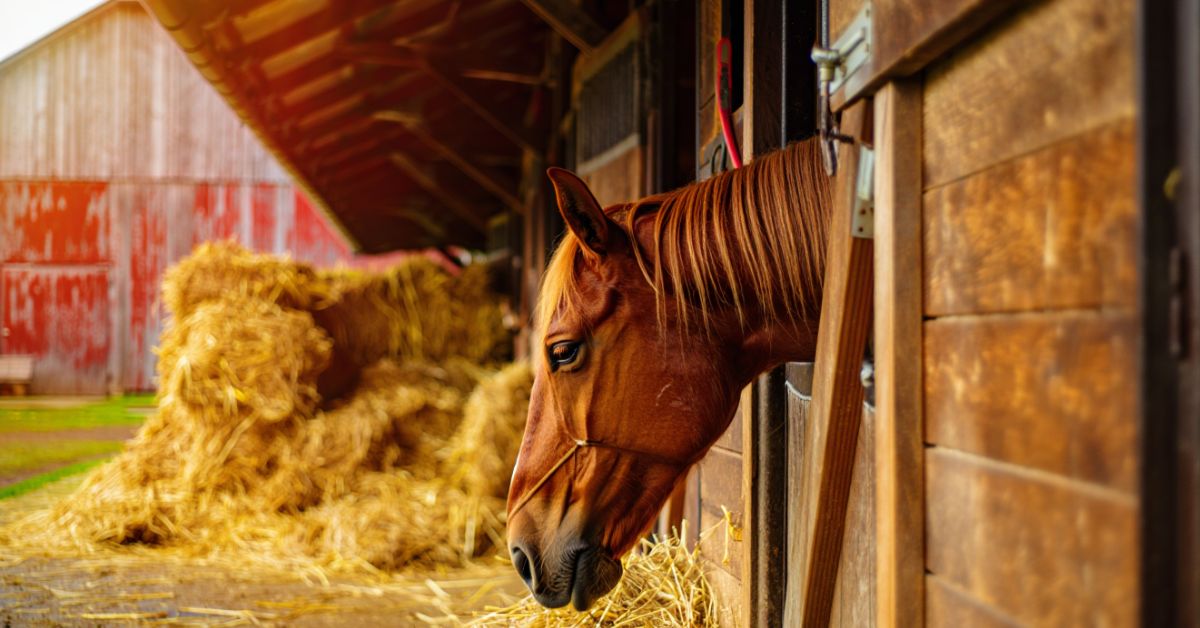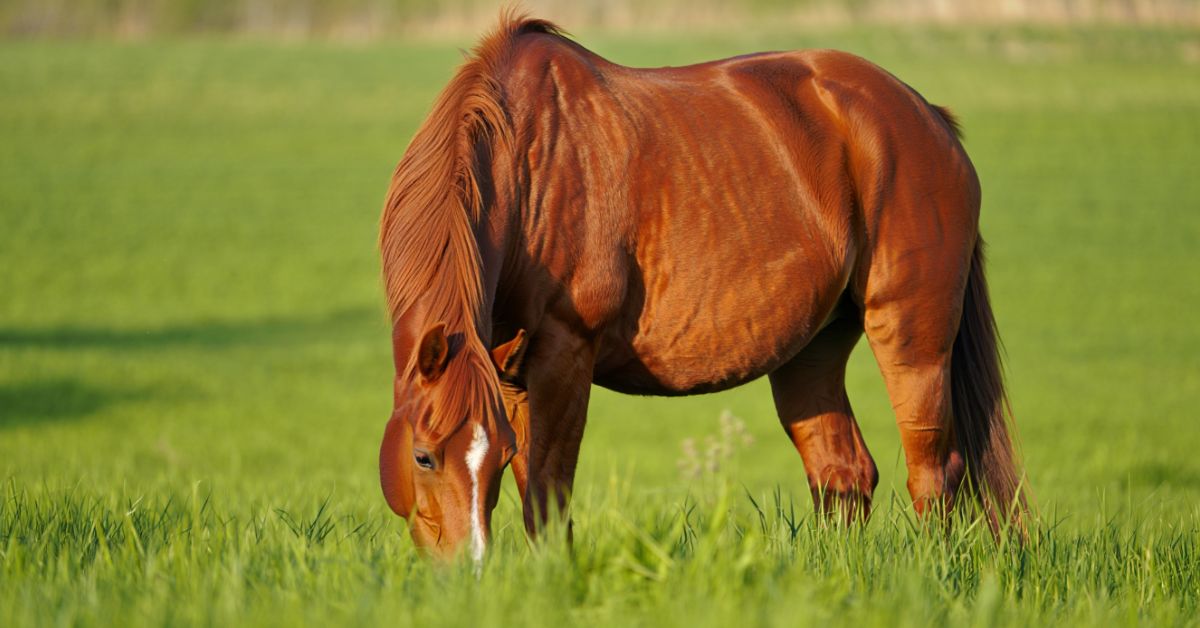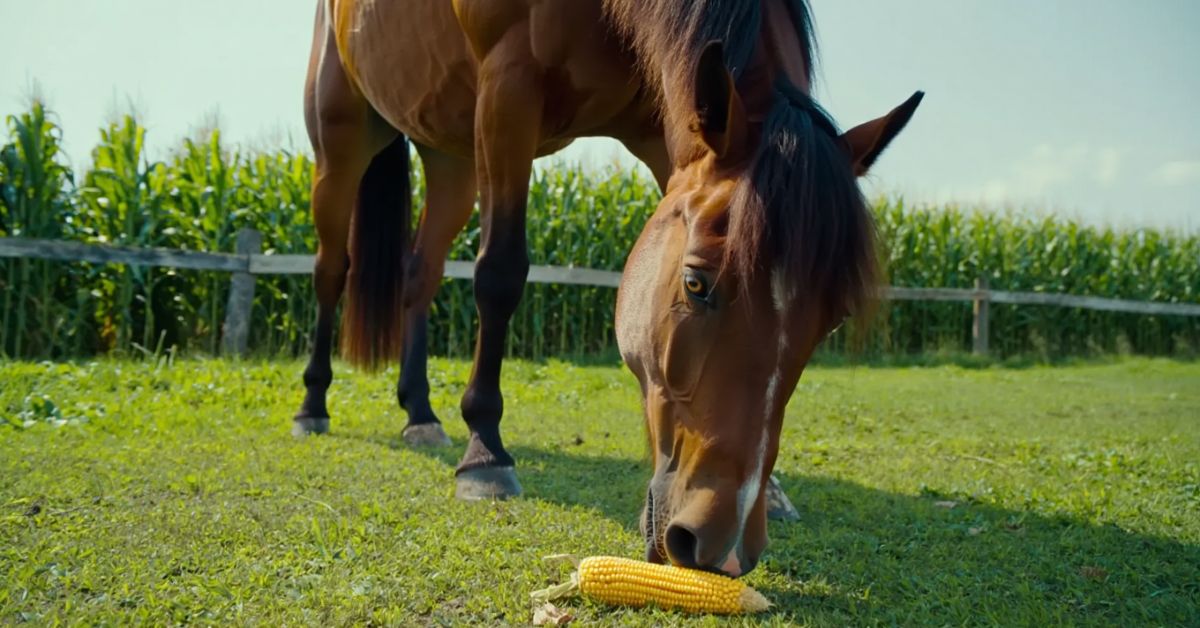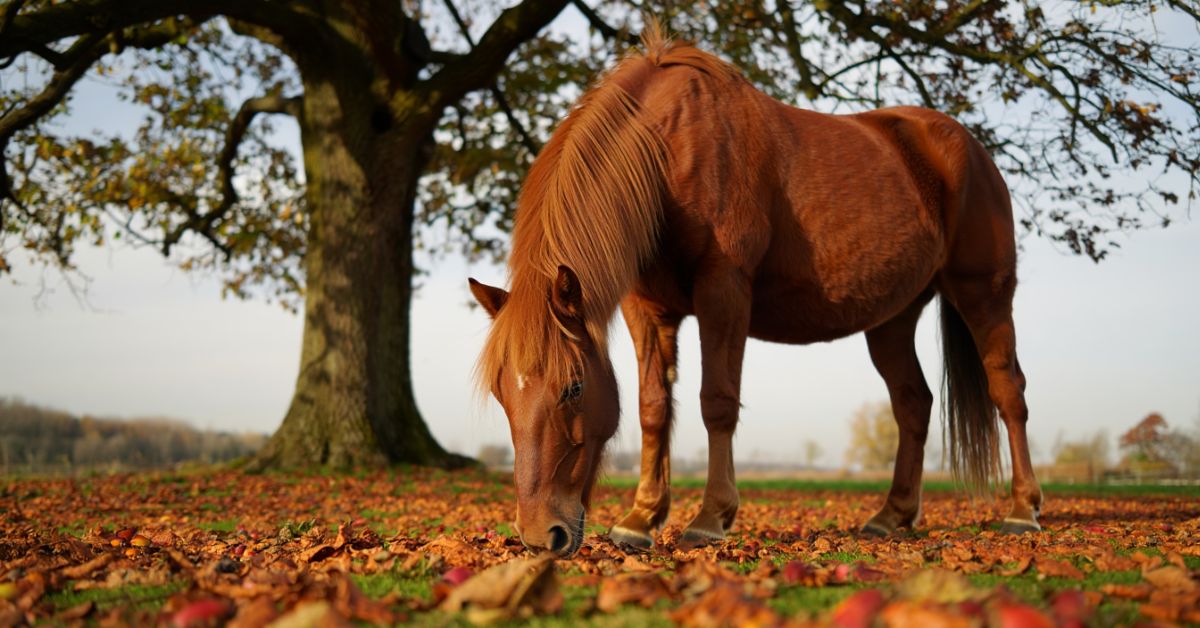
Can Horses Eat Cantaloupe? A Sweet Treat or Potential Risk?
Horse lovers are always seeking delightful and nutritious treats for their equine companions. Cantaloupe, with its sweet aroma and refreshing taste, might seem like an tempting snack to share. But before you slice up this juicy fruit for your four-legged friend, it’s crucial to understand the nuances of horse nutrition and equine diet.
While horses have diverse dietary needs, not all human foods are safe for them. In this comprehensive guide, we’ll explore the ins and outs of feeding cantaloupe to horses, examining its potential benefits, risks, and the essential guidelines every responsible horse owner should know.
Chapter 1: Understanding Cantaloupe for Horses
Horse health is paramount, and every treat matters. Cantaloupes are more than just a sweet indulgence – they’re packed with nutritional potential. Rich in vitamins, minerals, and water content, this fruit can offer some surprising benefits when introduced carefully into a horse’s diet.
Nutritional Breakdown
- Water content: Approximately 90%
- Vitamins: A and C
- Minerals: Potassium and magnesium
- Natural sugars: Moderate levels
Chapter 2: Nutritional Value and Potential Benefits 🍈
Hydration Helper
Horses require constant hydration, and cantaloupes can contribute to their fluid intake. The high water content makes this fruit an interesting supplement, especially during hot summer months.
Vitamin Boost
The vitamins in cantaloupe can support:
- Immune system function
- Eye health
- Skin condition
- Cellular repair processes
Chapter 3: Potential Risks and Considerations 🚨
Sugar Content Caution
While delicious, cantaloupes contain natural sugars that must be carefully managed in a horse’s diet. Excessive sugar intake can lead to:
- Metabolic issues
- Risk of laminitis
- Potential weight gain
Portion Control is Key
Veterinarians recommend strict moderation:
- Small quantities only
- Occasional treat, not a dietary staple
- Remove seeds and rind before serving
Chapter 4: Proper Cantaloupe Preparation for Horses
Preparing cantaloupe for your horse requires careful attention. Always wash the fruit thoroughly to remove potential pesticides. Cut the melon into small, manageable pieces that prevent choking hazards. Remove all seeds, as they can pose digestive risks.
Pro tip: Start with tiny amounts and observe your horse’s reaction. Some horses might have individual sensitivities or allergies.
Chapter 5: Expert Recommendations for Treating Horses 🐎
Professional equine nutritionists emphasize the importance of a balanced diet. Cantaloupe should never replace standard horse feed but can be an occasional, special treat. Always consult with your veterinarian before introducing new foods.
Quote from Dr. Emily Richardson, Equine Nutrition Specialist: “Treats like cantaloupe can be enjoyable for horses when offered responsibly. The key is understanding individual horse needs and maintaining strict moderation.”
Frequently Asked Questions About Horses and Cantaloupe
Can all horses eat cantaloupe?
Not necessarily. Horses with specific health conditions like insulin resistance should avoid sugary fruits.
How much cantaloupe is safe?
Limit to 1-2 small pieces, no more than once or twice a week.
What parts of the cantaloupe should be avoided?
Always remove seeds and rind to prevent potential digestive issues.
Conclusion
Understanding horse nutrition means recognizing that treats are a privilege, not a necessity. Cantaloupe can be a delightful, occasional addition to your horse’s diet when approached with knowledge and care.
Dream Horse Recommendation: Browse our Practical Accessories collection for horse care tools and nutritional guides!
Disclaimer: Always consult a veterinarian before making significant changes to your horse’s diet.
